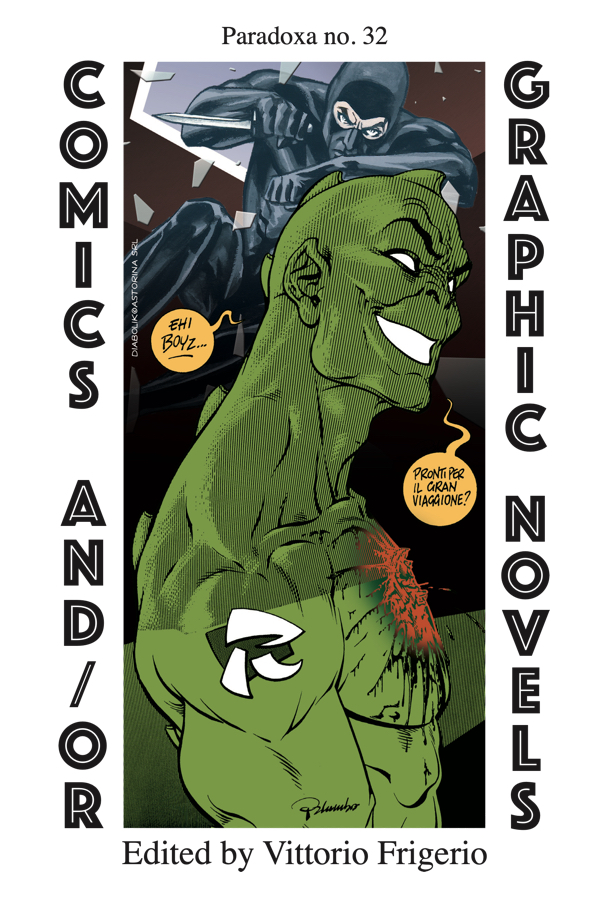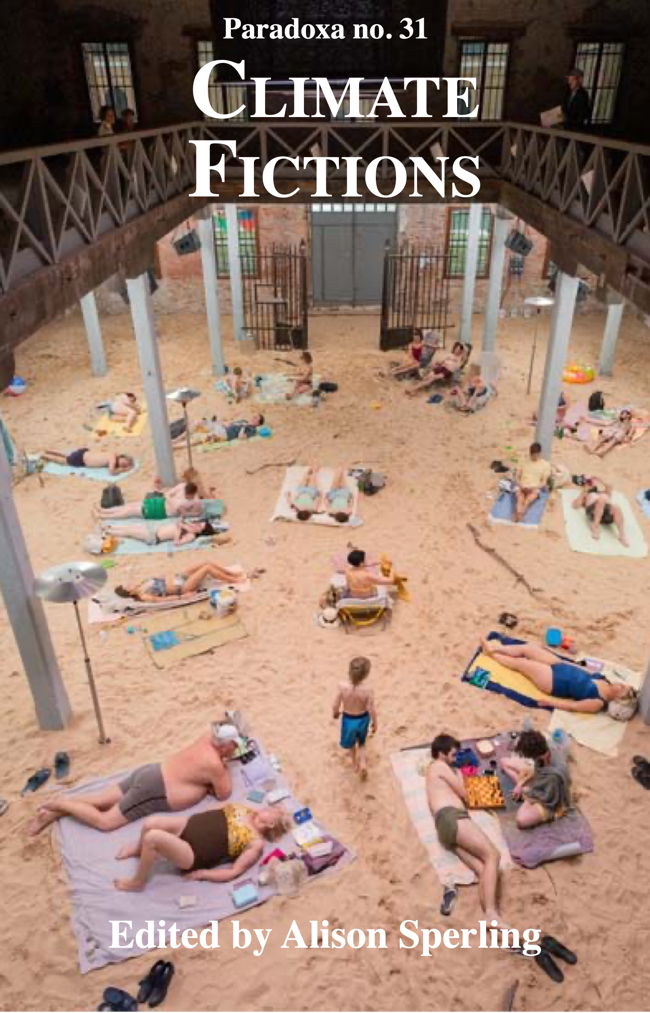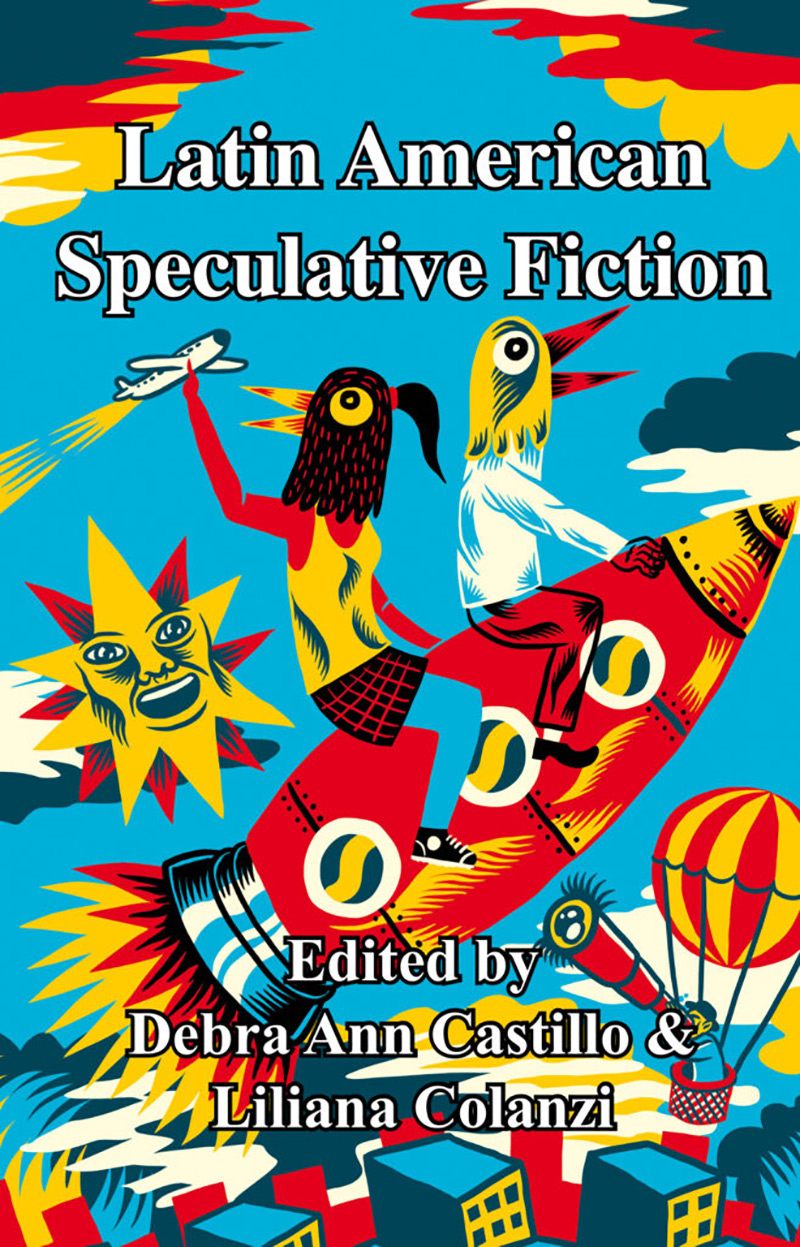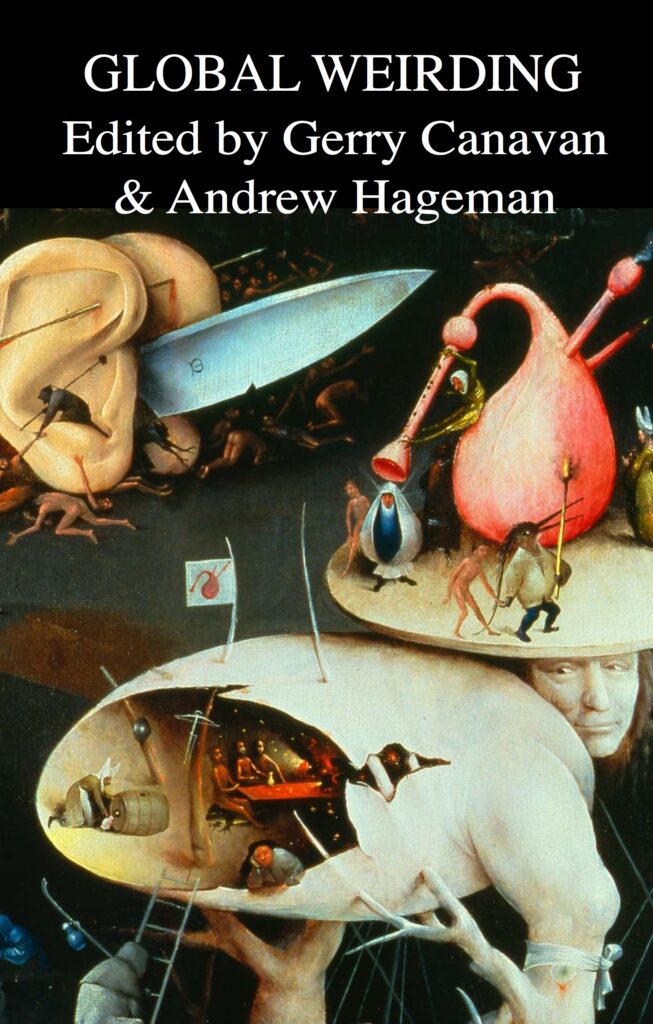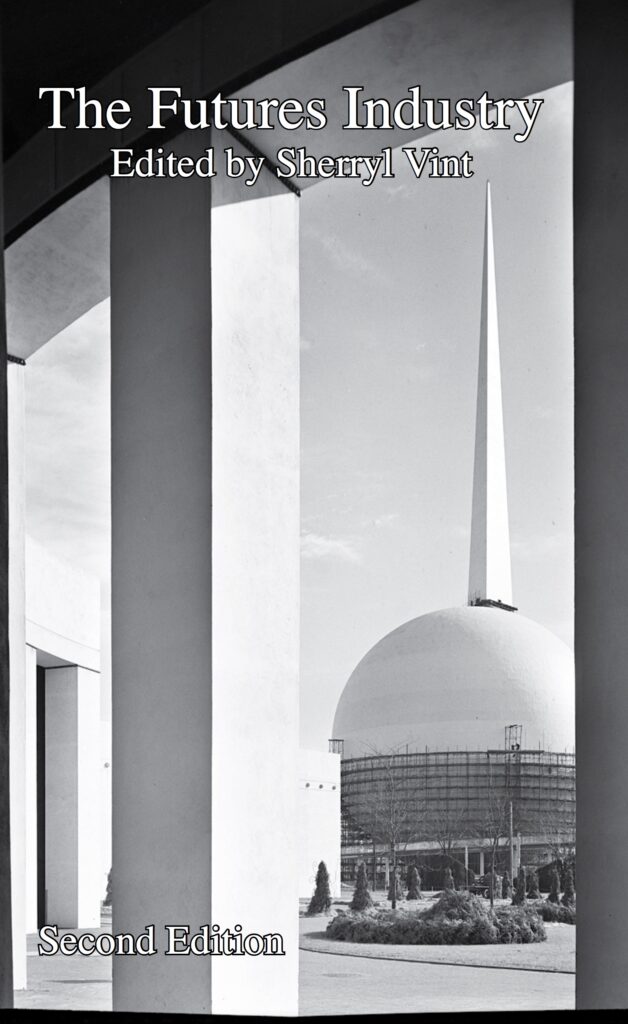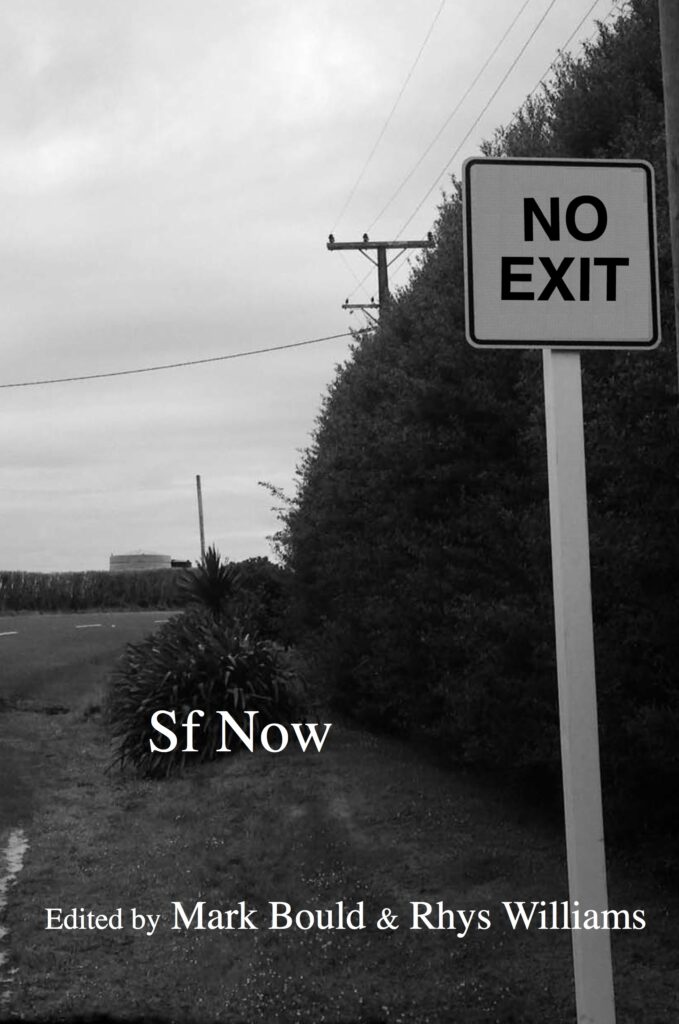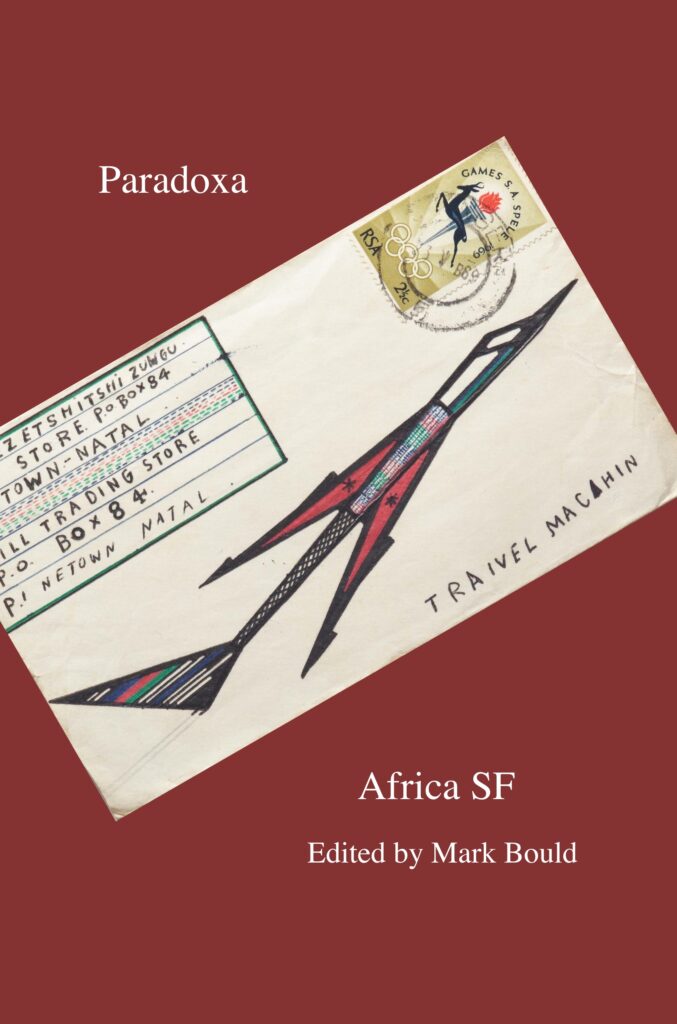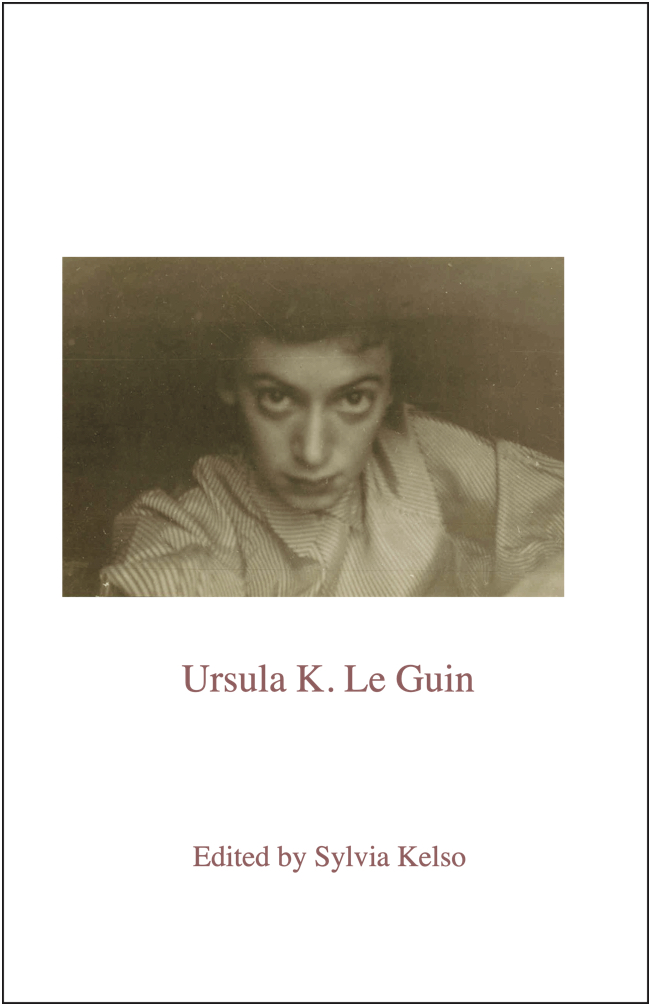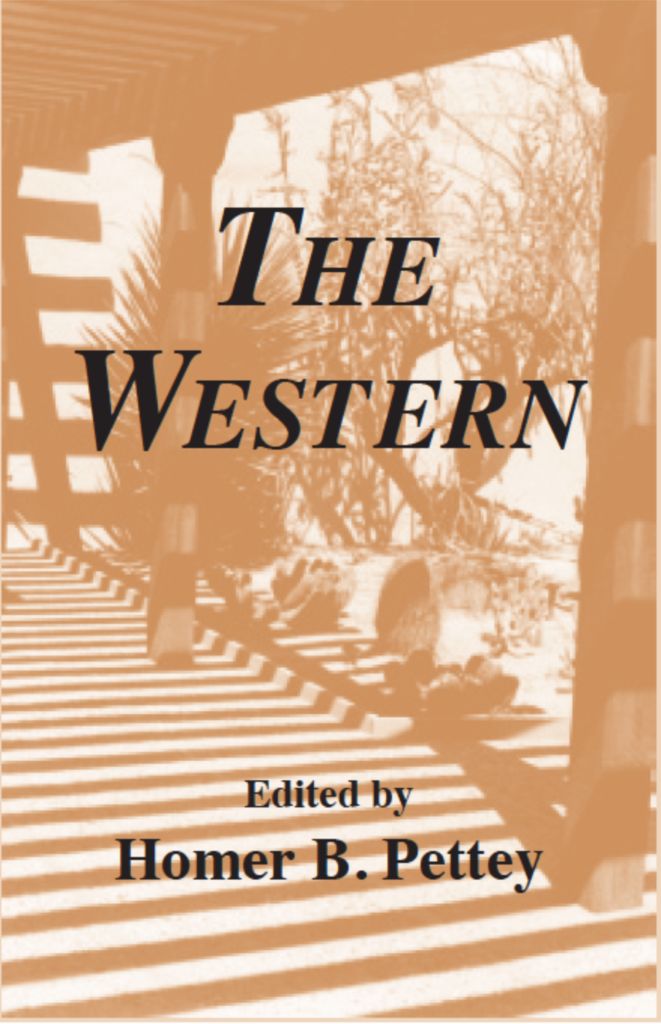Conrad Scott
University of Alberta
“‘Everything Change’: Ecocritical Dystopianism and Climate Fiction”
Abstract
This paper approaches the environmental catastrophe of climate change through a selection of contemporary sf works that feature physical changes to real-world places extrapolated into the near-future. Through this lens, the terminology of the “ecocritical dystopia” is advanced—hinging on my argument that a subgeneric inflection has arisen within dystopian fiction since Tom Moylan, Ildney Cavalcanti, Raffaella Baccolini, and Lyman Tower Sargent categorized the now-common “critical dystopia” for narratives written in the 1980s and 1990s. My intervention with the term “ecocritical dystopia” demonstrates that, at least sometime after the first critical dystopias, sf has been engaging with elements of realism in a very concentrated manner that entangles environmental concerns—such as, but not limited to climate change—with socio-cultural processes. Though ecocritical dystopianism will also be examined in greater depth elsewhere, this paper will define it briefly in conversation with criticism related to “climate fiction.” My discussion seeks to reframe the focus from the amorphous idea of climate change—see Jodi Dean’s “anamorphic” approach, for instance—and its connected fiction to a more grounded generic taxonomy that articulates literary alterations to our current world as it moves into an unsettling future. That is, the ecocritical dystopia presents societies extrapolated directly and tangibly forward from the present, and insists that environmental imbalances are the root of social dystopia—an approach that complicates “cli-fi” or “climate fiction” as catch-all terms. It is through the lens of the ecocritical dystopia, rather than with otherwise limiting terminologies, that this paper examines how a series of contemporary sf writers are expressing the issue of climate change as part of greater environmental shifts that demonstrate what Margaret Atwood has called “everything change”—an idea that parses physical alterations that affect society as we understand it today. To aid in positioning ecocritical dystopianism in relation to “climate fiction,” this paper analyzes a select range of texts in conversation with others: Bruce Sterling’s Heavy Weather (1994), T. C. Boyle’s A Friend of the Earth (2000), Luanne Armstrong’s The Bone House (2002), and Naomi Oreskes and Erik M. Conway’s The Collapse of Western Civilization (2014).

